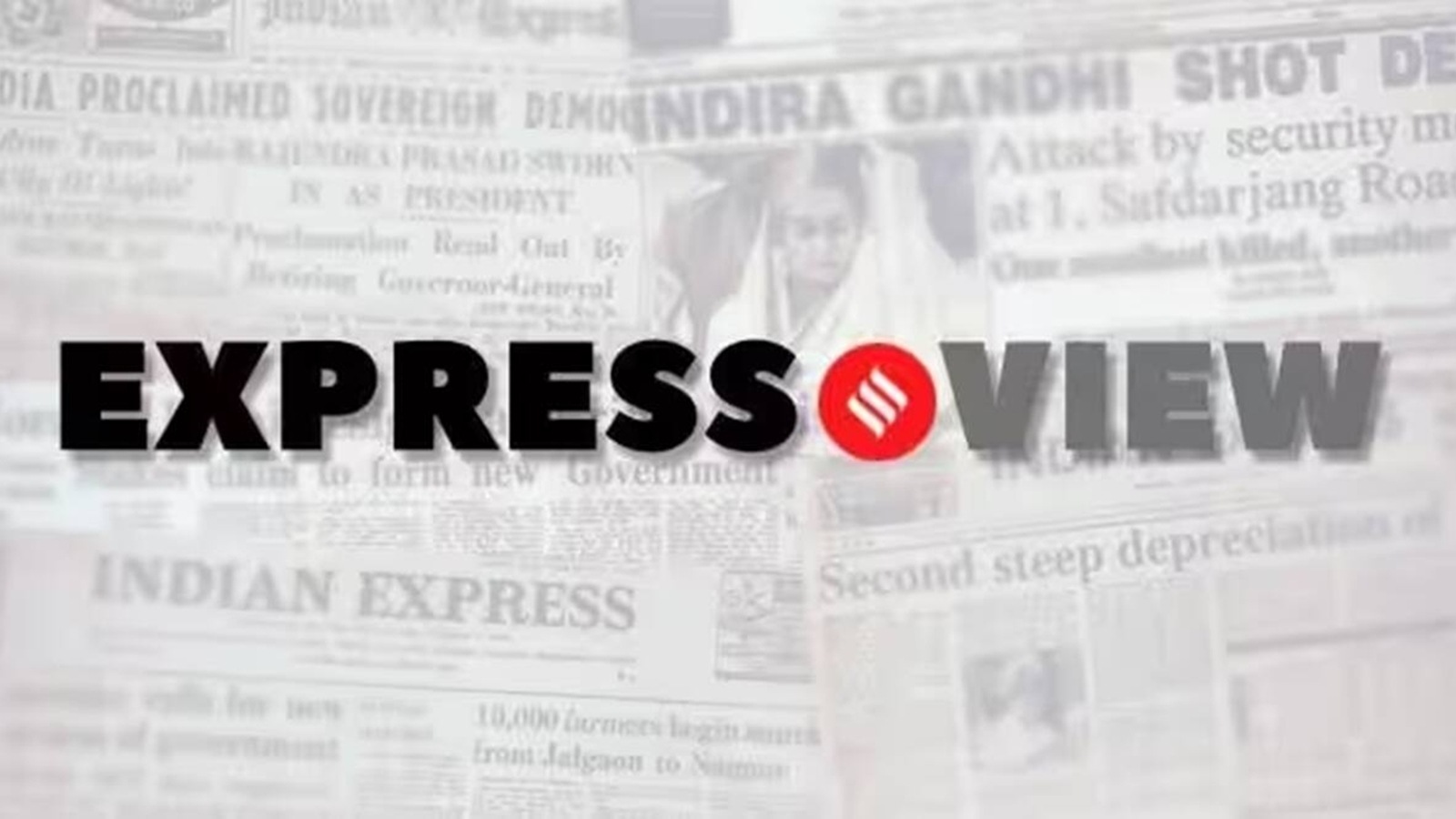
Dec 23, 2024 07:35 IST First published on: Dec 23, 2024 at 07:35 IST
The recommendations of a seven-member panel, headed by former ISRO chairman K Radhakrishnan, to improve the transparency and efficiency of national entrance examinations come as a much-needed acknowledgement of the problems that plague the country’s higher education system. Disruptions in national entrance examinations have become routine in India — a report in this newspaper earlier this year revealed that in the last five years, across 15 states, there have been 41 documented instances of paper leaks affecting 1.4 crore potential employees. In 2024 alone, both NEET and the UGC-NET saw postponements and cancellations due to the compromised integrity of these exams, a euphemism for paper leaks, while the conduct of CUET and the delayed declaration of its results for a third consecutive year created challenges of its own. For young aspirants, this is the perfect recipe for a crisis, given that the demand-supply anomaly is a Sisyphean paradox in itself. The panel’s recommendations, which include a call for better infrastructure, improved exam security, devolution of the role of National Testing Agency (NTA) and more stringent protocols, therefore is a welcome move.
In its suggestions, the committee has said that the “high dependence” on the NTA be reduced, so that it conducts only entrance examinations and not recruitment ones. Since it was set up in 2018, the NTA has conducted 244 tests. The number of candidates registered for these tests has nearly doubled from an average of 67 lakh per year in 2019-2021 to 122 lakh per year in 2022-23. This makes it particularly vulnerable to malpractices and corruption because the NTA relies on third-party service providers. The committee has also recommended an election-like tiered collaboration between the Centre and states in managing the security of these examinations and a “digi-exam” system that replicates the DigiYatra model for biometric verification of candidates. A migration to “computer adaptive testing” where questions based on individual ability are queued has also been recommended.
The panel has advocated for a comprehensive review of the examination process, including the creation of a more robust security system and accessible digital infrastructure. This is a step in the right direction. Experience shows that the gap between infrastructure and execution, aspiration and opportunity creates fertile grounds for exploitation. From poor user interfaces to inadequate support systems for candidates, the CUET’s many glitches, for instance, have proved that a tech-driven overhaul demands meticulous preparation to ensure that a new form of inequality is not created inadvertently. It is not enough to simply digitise or make the process more elaborate. It must be ensured that no student is left behind and that the systems put in place are intuitive enough for all candidates to navigate without confusion or undue stress.
Why should you buy our Subscription?
You want to be the smartest in the room.
You want access to our award-winning journalism.
You don’t want to be misled and misinformed.
Choose your subscription package


